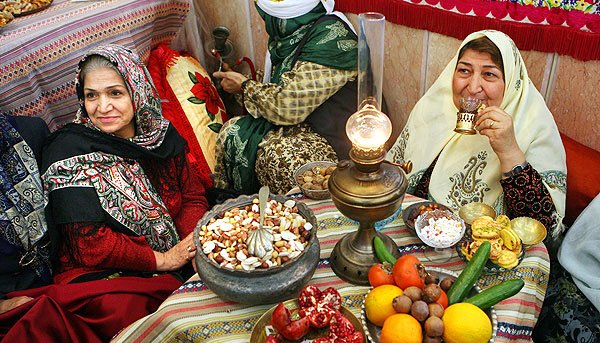
Economy Matters But Health Matters More
Until a decade ago pupils in Tehran were used to see schools shut due to heavy snow. Today in wintertime their schools are shut, as it happened 4 days in this week, due to polluted air. Three million cars driving in Tehran cause considerable amount of pollution: low quality of gas and gasoline, not well-functioning motors and passive emission standard are among the reasons. Recent Government’s aid-packet as €625m credit-loans meant to encourage people buying more cars, would lead to an even more polluted air. It’s true that Automobile Industry, like many others, is in trouble, however developing public-transport and improving infrastructure might be a better way to help both industries and people health.
Subsidies after 5 years: allocated or not?
9th Iranian Government launched its “re-allocation of subsidies” program, on 18 December 2010, when the oil price was 100$/b. The Government wanted to save the money by cutting “hidden subsidies” in energy -water, gas and electricity bills and fuel- spending it to boost the economy, in particular domestic production. Households were divided into 10 groups according to their income and a monthly compensation was assigned to low-incomes: IRR450K per family-member, equivalent to $45 then, $12 today. Failing to distinguish the eligibles correctly, the new Government has to continue paying $1billion/month. Considering the current oil price of 36$/b, “subsidies” do not seem to be “re-allocated” properly.
Yalda: Winter’s Messenger
Iranians close autumn and start winter through a festival called “Shab-e Chelle” or “Shab-e Yalda”: the longest night of the year corresponding to the night of 20-21 December, known as “winter solstice”. As it gets dark, celebration starts and goes through the night. By tradition a setting of various foods is prepared: pomegranate, watermelon, nuts and medlar are usually essential and versus of Hafez poems, Persian 14th century poet, is read. At this night, the price of these foods goes as high as tripled: watermelon €1/kg, pomegranate €1.5/kg, nuts €12/kg. A simple preparation for a household would cost €30. The tradition goes back to Zoroastrian period and by the following morning the count down of 90 days left to Norowz, Persian new year, is started.

Be the first to comment